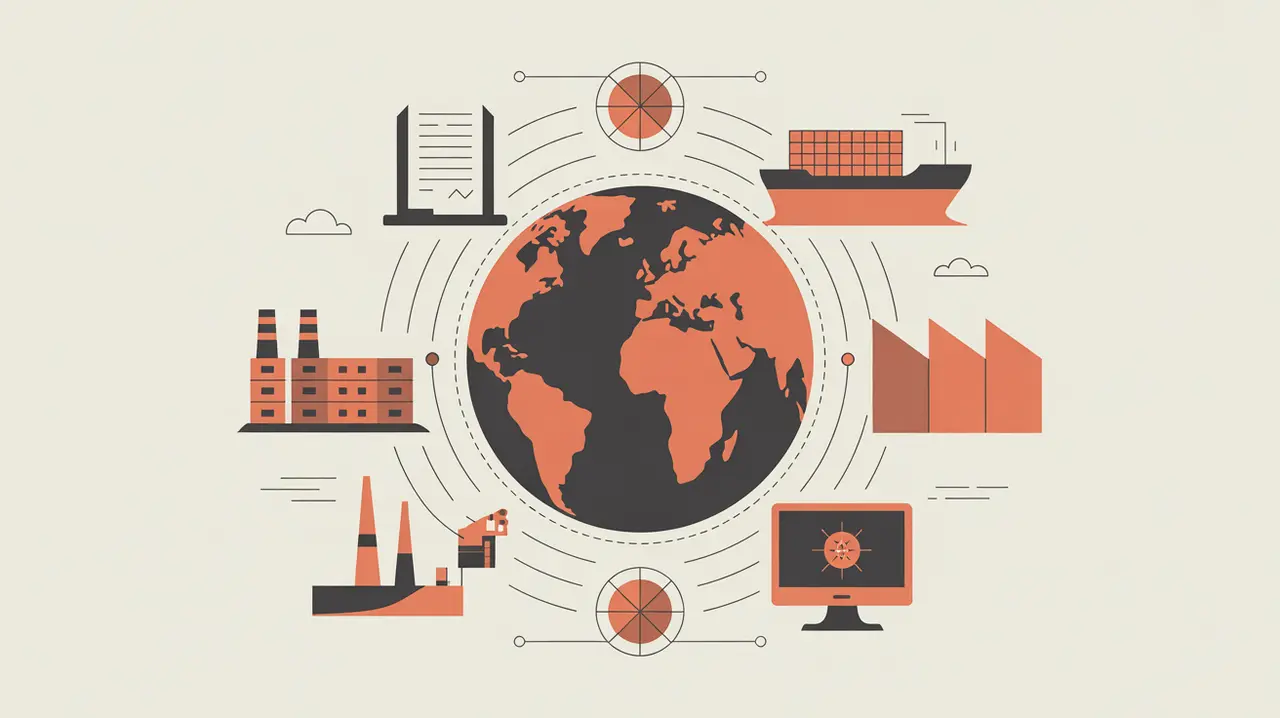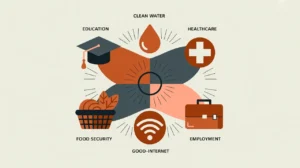Importance of International Development
International development focuses on improving quality of life and reducing poverty across countries, particularly in low- and middle-income regions. It encompasses efforts to expand health, education, livelihoods, governance, and infrastructure while addressing inequality and vulnerability. For governments, donors, and nonprofits, international development provides the framework for cooperation and investment in building stronger, more resilient societies.
Definition and Features
International development refers to the policies, programs, and partnerships aimed at fostering social and economic progress across national borders. Its defining features include:
- Poverty Reduction – central goal of lifting individuals and communities out of poverty.
- Capacity Building – strengthening institutions, systems, and human capital.
- Aid and Cooperation – financial, technical, and knowledge transfers between countries.
- Global Solidarity – emphasizes shared responsibility for addressing transnational challenges.
- Evolving Paradigm – has shifted from aid-driven models to more participatory, locally owned approaches.
How this Works in Practice
In practice, international development involves bilateral aid programs, multilateral institutions such as the World Bank and UN agencies, and partnerships with NGOs and local governments. Initiatives range from global vaccination campaigns and education reforms to infrastructure investments and gender equity programs. The field also includes humanitarian relief in crises, followed by longer-term recovery and system strengthening. Persistent challenges include dependency, information asymmetry, donor-driven agendas, and balancing global priorities with local needs.
Implications for Social Innovation
International development provides a platform where social innovation can scale and spread across contexts. Innovations such as mobile money, microfinance, and climate-smart agriculture have grown into global models through international development funding and networks. At the same time, international development increasingly recognizes the value of proximate leadership and localization, creating space for solutions rooted in local contexts. For social innovators, engagement with international development opens pathways to resources, partnerships, and systemic influence at a global scale.







